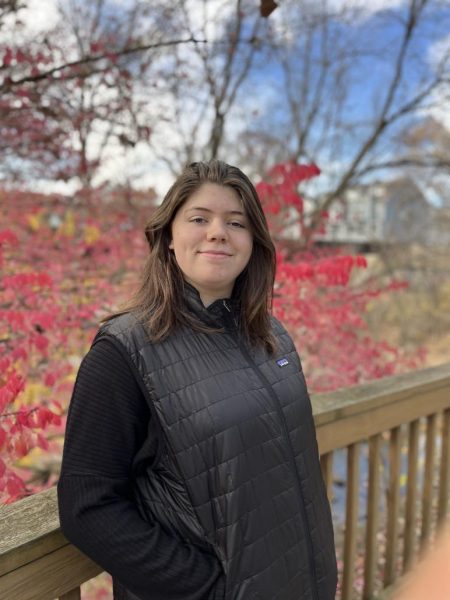There was a time when I lived by the sea. When I walked barefoot on lemon shores, watching the cerulean waves lazily roll and crash endlessly against the coast.
I was younger back then, naive and stubborn, believing I could conquer all challenges in my way and believing that I could race against the sea.
Adamant as I was to compete against the waves, my first challenge would end up being against the ocean’s biggest opponent—the sand. Loose and unstable, sometimes boiling under the sun’s relentless glare, it would cause me to stumble or rush to any available shadows for a moment of brisk relief. But that wasn’t sustainable.
How could I win the race if I couldn’t even walk?
But I found a way—dogged as I was—by walking through the waves. The dark shore allowed for the sand to harden—more stable than when it was dry—allowing me to balance and storm ahead. I grew cocky and thought that would be the only obstacle in my path.
But then a gray cluster appeared on the horizon, and my stomach sank in recognition of what I’d found: a rock formation.
The sight of layered rocks was not an infrequent occurrence along the beaches where I resided, as rock formations were a staple in the area’s natural coastal environments. The assortments of sea creatures that would amass on these rocks were phenomenal from sea urchins to small crabs, starfish, and even octopi. Tiny whirlpools ensured that any strange sea creature could survive until the high tide.
But what made those rocks so marvelous made them equally as deadly, especially for humans. Bouts of coral and hidden urchins embedded in between the small fissures that separated rocks, when lodged into the skin, could cause symptoms from infections to temporary paralysis. Slime and seaweed coated every surface, guaranteeing one misstep lead to the tragic fate of being between the waves and the jagged stones below.
Even my brothers, who were significantly older than me and much more balanced, were banned from venturing into this treacherous habitat alone. But would that stop me? No.
I wanted to keep racing.
My parents found me on the other side of the rock formation—a couple of scratches on my knees and a nasty gash on my arm—and they had furiously implored if I’d gone mad. They had been so worried, but I couldn’t find myself to care.
As they took me away from the sand and the formation of rocks, I looked to the sea and realized that I could never have won. But that didn’t make me feel sad or frustrated, or make me fester a hatred for the sea, rather I was satisfied with knowing that that small stretch of land—of memory—belonged to me.
I’m not sure if anyone will know about my race—or care, for that matter—but that memory reminds me, every day, that it isn’t about whether you can win the race but rather if you’re satisfied when you’ve stopped.




























































































